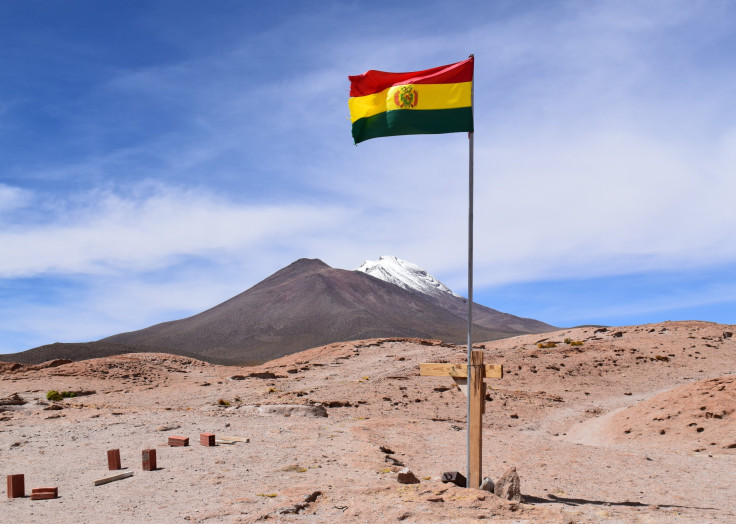
Bolivia's Plurinational Assembly is inching closer towards outlawing marriage for under 18s.
Concretely, a bill introduced by MAS senator and Indigenous women's rights campaigner Virginia Velasco seeks to revoke the ability of 16 and 17-year-olds to marry with parental consent.
If approved, Bolivia would follow in the footsteps of Colombia, which passed similar legislation last year and became the 13th country out of 33 in Latin America and the Caribbean to prohibit child marriage.
It would also bring the country in line with the recommendations of the United Nations, which classifies marriage before 18 as a human rights violation. It specifically warns that child marriage makes girls "more vulnerable to violence, discrimination and abuse."
The Senate voted to approve the bill last month. Now it's on its way to the lower house for final approval. However, the bill's final approval remains uncertain.
Vulnerability and violence
Bolivia's Ombudsperson's Office and Civil Registry recorded 6,000 cases of 16 to 17-year-olds getting married between 2014 and 2024.
However, official marriage statistics do not reflect the prevalence of "early unions" – unofficial and therefore undocumented relationships, which mostly involve adolescent girls living with older men according to Sofia Quiroga, Latin America and the Caribbean advocacy officer for Equality Now.
"We're talking about asymmetrical relationships where there's a child with a man much older than them that takes advantage of this," Quiroga told The Latin Times.
In 2024, the Public Prosecutor's Office in Bolivia recorded 1,864 cases of sexual assault against adolescents. Eighty-four femicides were also recorded, including a 14-year-old girl who had been living with a 28-year-old man who is the main suspect in her murder.
Controversy in the Senate
Despite the magnitude of the problem in Bolivia, the child marriage bill did not have an easy passage through the Senate.
Following strong resistance to the proposal, it was postponed for further consultation to prevent it being rejected straight away.
Velasco even accused fellow female senators of being "machistas who still defend the patriarchy" for failing to support the bill.
Early marriages have become normalized as a response to social and economic issues, rather than tackling the root problems of lack of access to education and opportunities and sexual violence against young girls.
Prevention
Given the already high rates of unregistered unions, the bill runs the risk of making the issue invisible rather than truly eradicating it unless efforts are made to support prevention.
However, whilst the original bill had provisions for policy and financing to accompany the change in law, they were abandoned.
Miguel Becerras, Plan International's national gender advisor for Bolivia, explained that lack of funding may prove a key obstacle for ensuring the law, if passed, helps those most at risk.
"It's important to connect the national level with the local context," he told The Latin Times, explaining that in rural areas many families facing economic hardship view early marriage as a means of financial advancement for their daughters. If legislation isn't matched with appropriate educational and economic resources for communities, many will continue to resort to unofficial unions.
"Child marriage in Latin America is a matter of class," said Quiroga. If the practice is to be eradicated, girls need to be given options so that they can "visualize that there are other life alternatives, that they do not have to be a mother or a wife, but that they can do other things at the age of 14. But the state has to offer them those things."
What comes next?
The law has to pass through Bolivia's lower house at a tense time. It's fate is uncertain as it would take place just months before August's presidential election.
Despite opposition, Becerra hopes that the coalition of civil society organizations that helped get this bill through the Senate can also help push it through the lower house.
"It is a larger Chamber with more parties, so it is more complex to get the [votes] needed to pass, but I believe it can be done," Quiroga agreed. "Bolivia has a complex political environment, but all the same it can bring about change."
© 2025 Latin Times. All rights reserved. Do not reproduce without permission.




